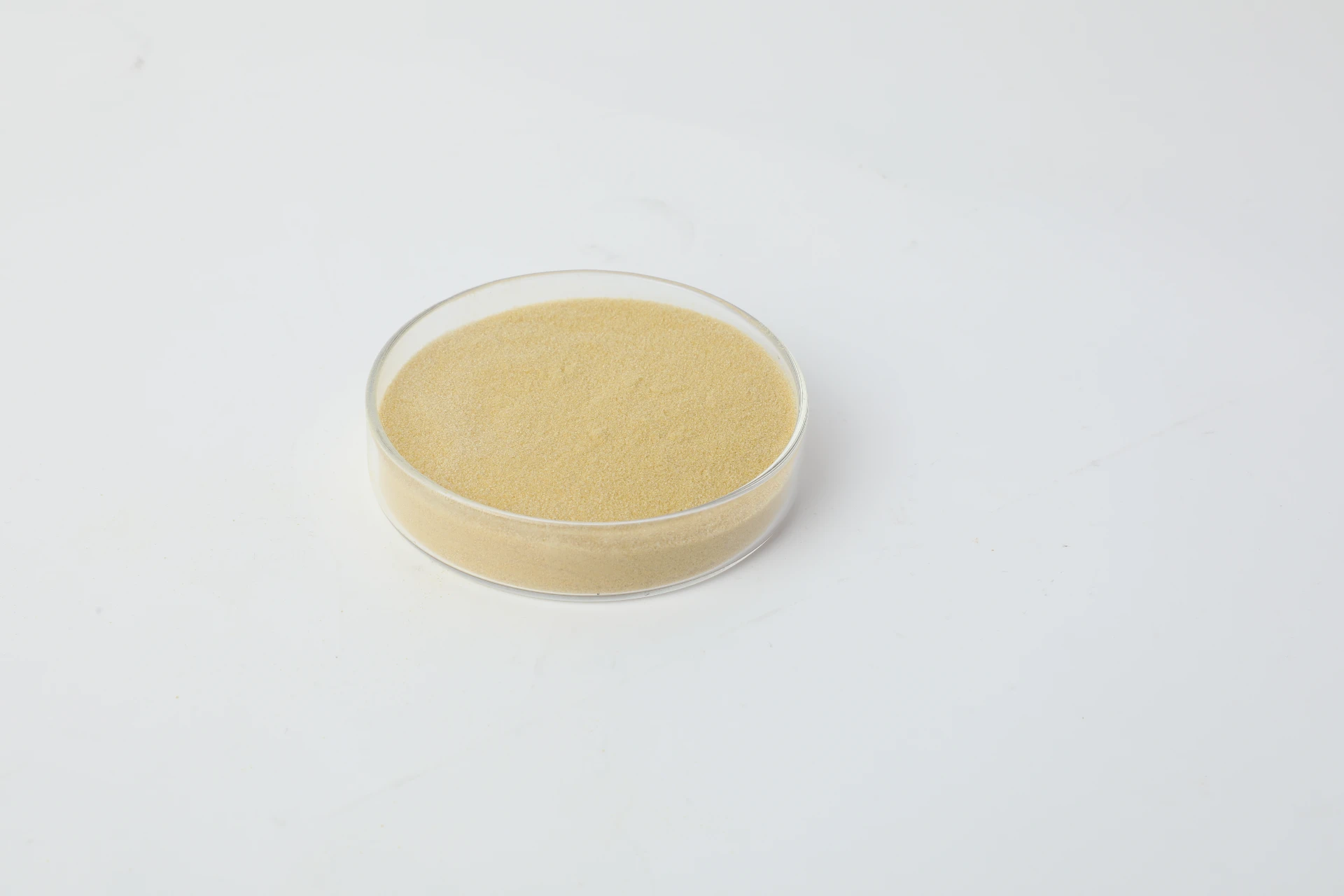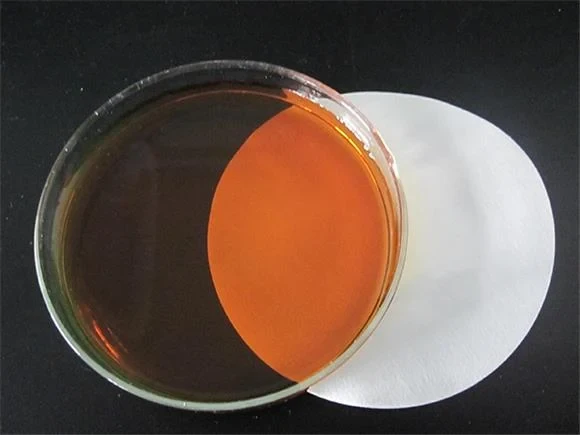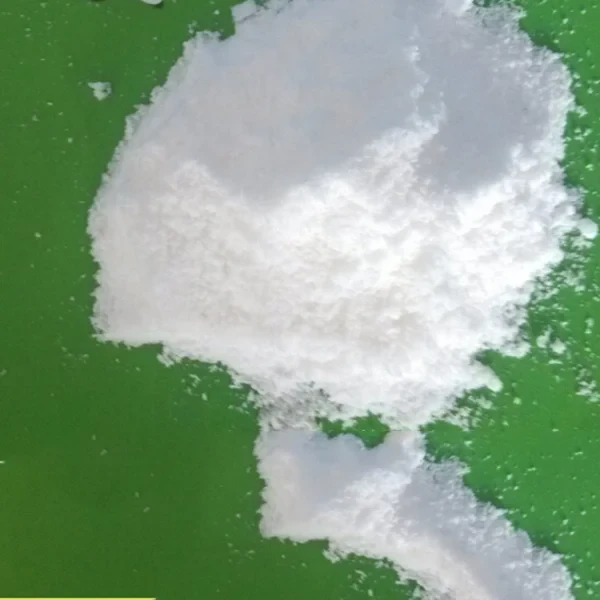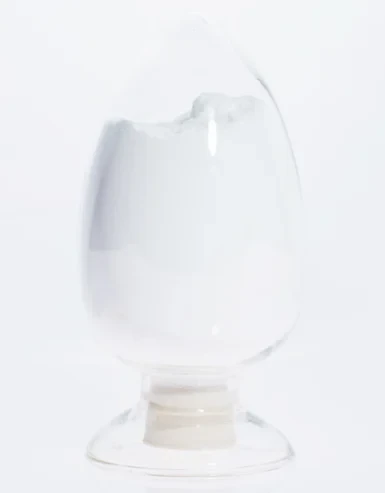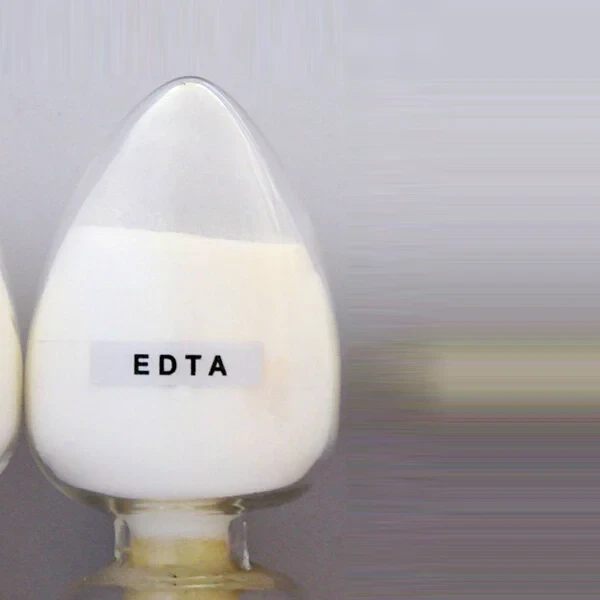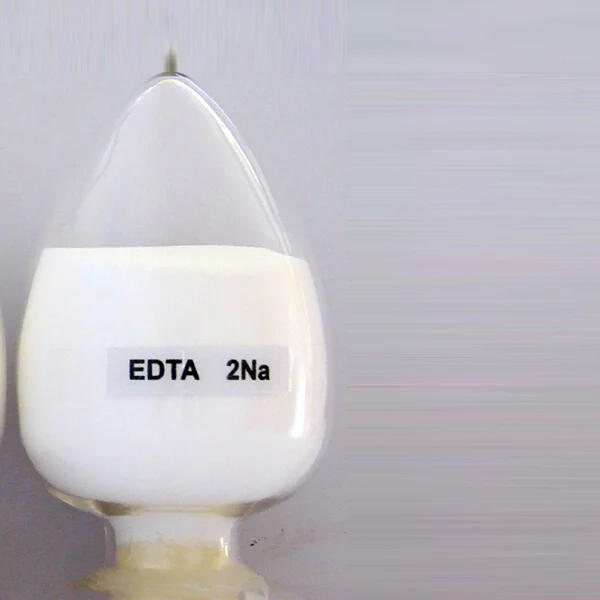CAS No. 181828-06-8,34345-47-6 Molecular weight: 3000-8000
Molecular Formula: C4H5NO3M(C4H4NO3M)m(C4H4NO3M)nC4H4NO3M2
Structural Formula:
Notes:m≥n,M=Na+
Product Description:
PASP is an artificial synthetic water soluble polymer of high molecular weight, having the characteristics of no phosphorus, non-toxic, pollution-free and complete biodegradable. With the structure characteristics of peptide bond and active group such as carboxyl group, PASP has powerful functions such as chelate, dispersion, and adsorption, etc. and also good compatibility.
Specification:
|
Inspection Item |
Indication Range for Liquid |
Indication Range for Solid |
|
Appearance |
Yellow to reddish brown liquid |
Light yellow powder |
|
Solid Content% ≥ |
40.0 |
90.0 |
|
Density@20℃) |
≥ 1.22 |
0.4-0.7 |
|
Limiting Viscosity Number @30℃ |
0.055-0.090 |
0.055-0.090 |
|
pH Value(10g/L) |
8.5-10.5 |
7.0-10.0 |
|
Biodegradation Rate/% ≥ |
60 |
60 |
According to different molecular weights of PASP, it can be used in water treatment, agriculture and forestry, petroleum exploitation, detergents and other fields.
Petroleum exploitation as drilling fluid
Drilling fluid viscosity reducer is mainly used to reduce the viscosity of drilling fluid and control its fluidity. At present, polymer viscosity reducers are a development trend of drilling fluid viscosity reducers. Polyaspartic acid has the characteristics of being non-toxic, easy to degrade, and not damaging the ecological environment, making it a "green viscosity reducer" that is becoming popular abroad
PASP can form chelation with calcium, magnesium, copper, iron and other metal ions to attach to the metal surface of the container to prevent metal corrosion. It is an excellent corrosion inhibitor, especially for preventing oil pipeline corrosion caused by carbon dioxide;
PASP with molecular weight around 10000 can reduce fluid viscosity. In bentonite mud, when the dosage of PASP is 0.4%, the viscosity reduction rate can be over 70%;
It has good resistance to salt and calcium
Synonyms:
PASP; PASP-Na;Sodium Salt of Polyaspartic Acid; Sodium of Polyaspartate;Sodium Salt of Polyaspartic Acid (PASP); Polyaspartic acid sodium salt;Thermal polyaspartic acid;TPA
Polyaspartic acid potassium salt; Potassium of polyaspartate



